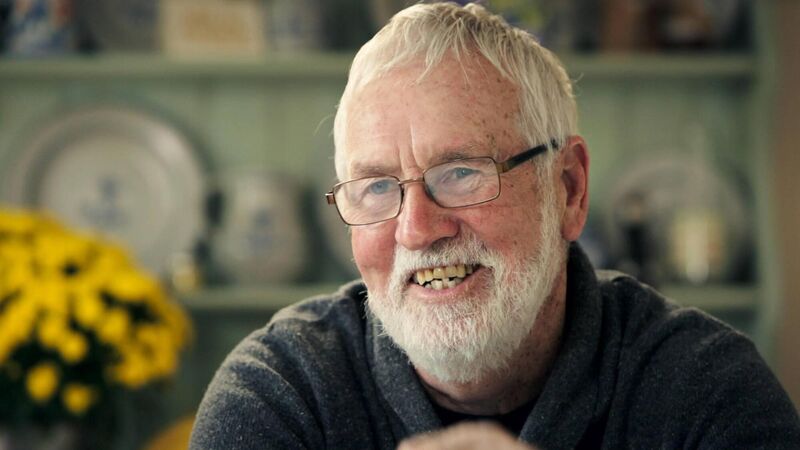Dementia series: Advice on nutrition for people with dementia

ADVICE AT HAND: An image from the Dementia Understand TogetherTV campaign
Support the person in doing their shopping so that they have good availability of easy-to-prepare food at home
Remind the person when meals are due and try to maintain a routine
Consider meals-on-wheels, or a family member or home support carer calling at meal-times — ideally eating with the person
Make sure that glasses, dentures or hearing aids are worn during the meal if needed
Use specially-adapted utensils including cutlery, non-slip mats, high-sided plates or guards and two-handed or spouted cups – available from an occupational therapist
Avoid patterned table coverings and distracting items on the table that are not needed
Use contrasting coloured plates on a light background: red, yellow or blue are good
Serve food on small plates if a person has a small appetite or, if the person is slow to eat, serve a small portion first and then a second helping that you have kept warm
Consider foods that are easily eaten with the fingers if a person struggles with cutlery, such as fruit pieces, small sandwiches or cereal bars
Provide encouragement and assistance at meal-times
Encourage foods at times in the day you notice the person tends to eat better rather than only at traditional meal-times
Adopt a ‘little-and-often’ meal pattern
Try out alternatives to the foods the person traditionally ate, such as sweet or savoury options, as their taste may have changed
Serve favourite foods and make a list of current food preferences
Introduce nourishing snacks and drinks regularly throughout the day
Maximise the calories of the food eaten — adding milk or butter to mashed potato or grating cheese over a savoury dish
This series has been developed by Dementia: Understand Together, a public support, awareness and information campaign led by the HSE in partnership with The Alzheimer Society of Ireland and Genio. For more information, including details of dementia supports and services in Cork, visit understandtogether.ie or Freephone 1800 341 341







 App?
App?




